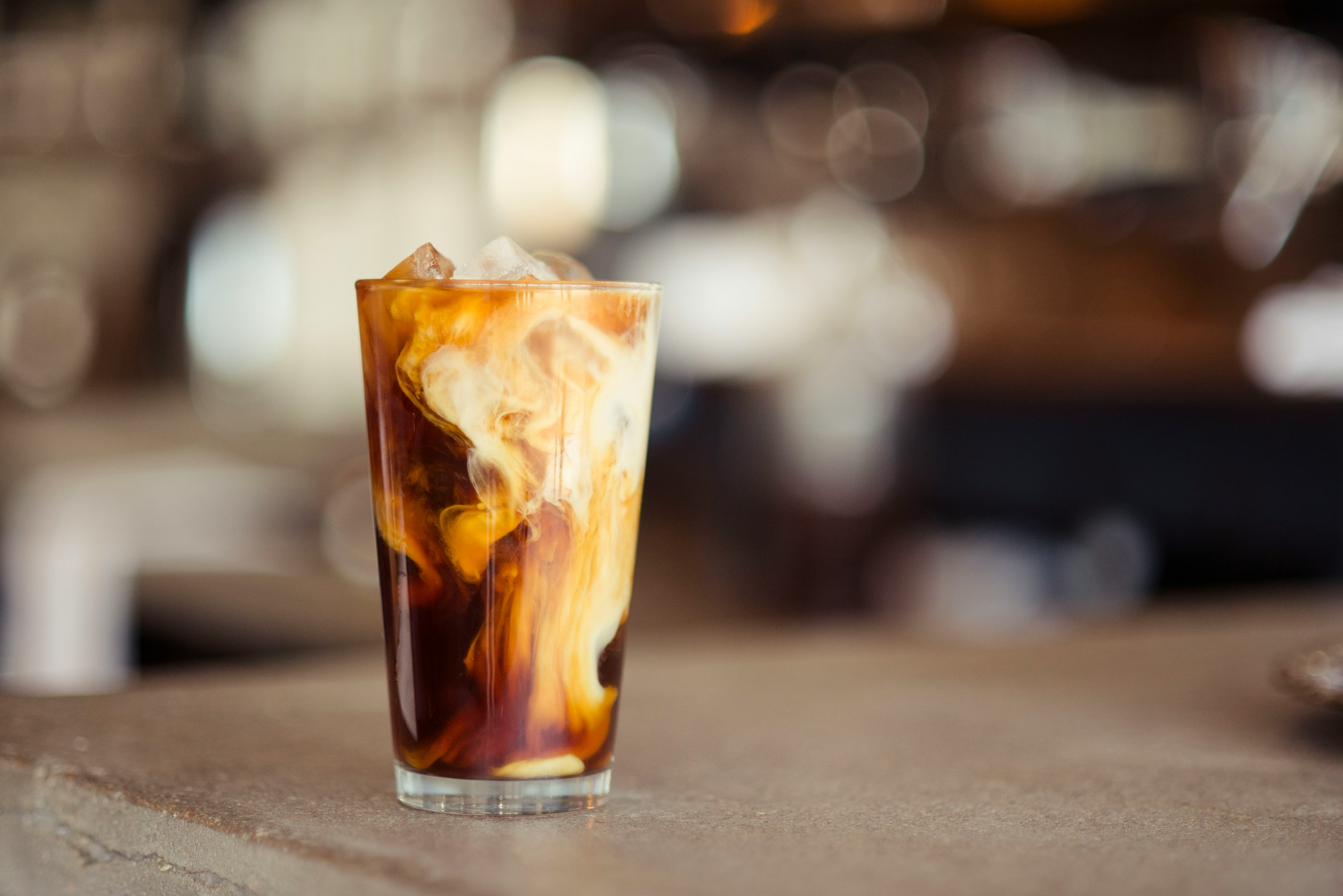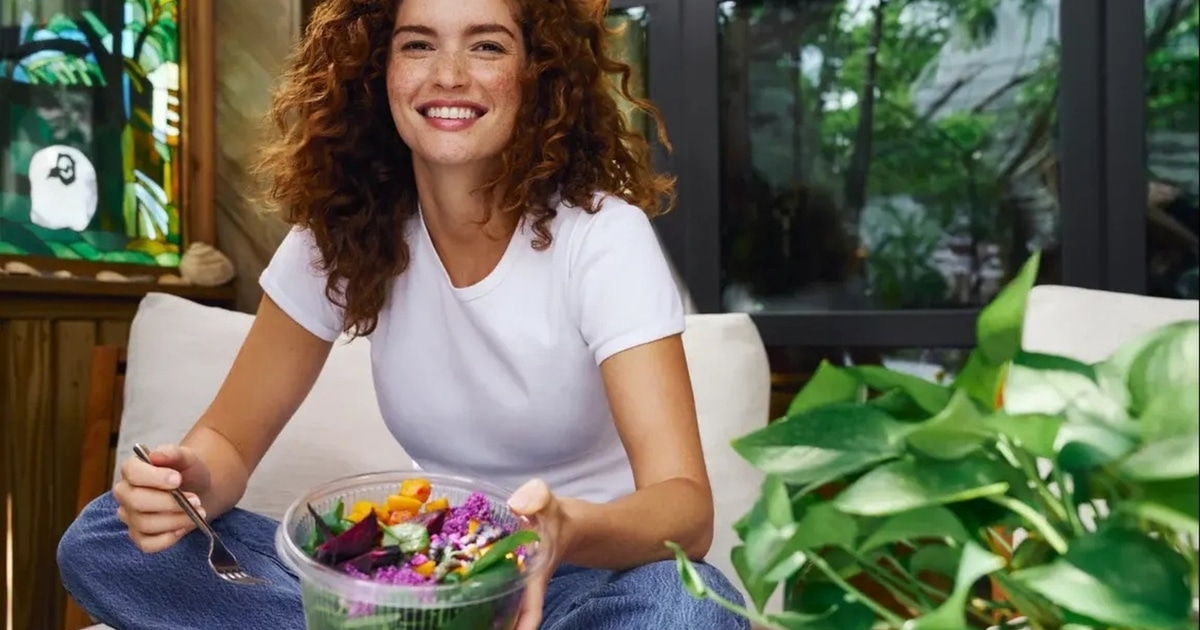Lemon juice is a workhorse with solid cleaning power around the home. It cuts through grease, removes stains and whitens laundry, deodorizes, and works as an antibacterial for wooden cutting boards. It also has an added bonus of leaving a fresh citrus scent behind. But don’t use this natural cleaner everywhere because it isn’t safe for all surfaces. There are some things you should never clean with lemon juice, and you could end up causing damage to certain countertops, floors, appliances, cookware, and more.
Lemon juice is an acid that’s effective at sprucing up smelly garbage disposals and grimy ovens, but it can react with some materials around the home, etching, dulling, staining, or damaging the surface. Before you spray a DIY cleaner made with lemon juice on surfaces, make sure it’s safe. Read on to learn when to skip the lemon juice and what to use instead.
Don’t use lemon juice to clean countertops made from granite, limestone, or marble, or on natural stone tiles like travertine. The acidity can stain or etch the surface, or affect the seal and damage the natural stone beneath it. Other stones like soapstone, sandstone, and quartzite are more tolerant of lemon juice, but prolonged exposure can cause harm. Make sure to test any cleaner containing lemon juice in an inconspicuous area on these surfaces before using.
The acid in lemon juice can damage hardwood floors by stripping the finish and dulling the shine. Instead, protect floors by using cleaners formulated especially for hardwood floors or a mild soap and water.
Your cleaner of choice for stubborn grease, stains, and odors on pots and pans may be half a lemon and salt or baking soda, but take note of the materials they’re made with. While lemon juice is safe to use on stainless steel pans and utensils, don’t use it to clean other metals like plated brass, copper, aluminum, silver, or chrome.
Lemon juice is too harsh for brass and may damage its surface, and it can harm silver if left on too long. It can react with aluminum and copper, possibly leaching into the food and causing cookware to corrode or discolor. Use a gentle, non-abrasive cleaner on chrome fixtures like faucets and knobs in the bathroom since lemon juice reacts with the metal and causes corrosion and spotting over time.
Lemon juice is effective at removing rust, but test it in an inconspicuous area before using it to see if it reacts with the metal.
Lemon juice is a must in the laundry room for brightening yellowed whites and removing stains. However, it’s not safe for all fabrics. Don’t use it on delicate fabrics or dark or brightly colored clothes. Since it’s used as a natural bleach, it has a lightening effect that can fade or discolor fabrics, so save it for whites. It can weaken or damage delicate fabrics like wool and silk, as well as dry-clean-only items. Always test it on clothing before using it.
A squeeze of fresh lemon juice in a recipe won't ruin your cast-iron pan, and some swear by using lemon juice to remove rust from it. However, you should avoid letting it sit on the surface for too long. Lemon juice can remove the seasoning from a cast-iron skillet or even cause rust. Use baking soda to clean burned-on messes instead.
Besides unsightly streaks, using lemon juice on TV, computer, or smart appliance screens can make the surface sticky, attracting more dust and dirt. Over time, its use can possibly remove protective coatings and damage the surface. HP Inc. suggests avoiding cleaning with liquids altogether to keep them from seeping into the screen’s edges and recommends using a microfiber cloth or cleaning wipes designed for cleaning computer screens.
If you use a homemade cleaner with lemon juice, be careful not to use it on the rubber seals on your appliances, such as the dishwasher, refrigerator, oven, and front-loading washing machine. Keeping them clean is important for optimal performance, but lemon juice can degrade the rubber over time, leading to leaks and poor seals. Wipe them down with mild soap and water instead.
Keep in mind during your cleaning routine that you should never combine lemon juice with chlorine bleach or cleaners containing bleach. Mixing acid with bleach can cause a reaction that creates toxic chlorine gas. The harmful fumes can cause respiratory irritation, coughing, and nose and eye irritation.










:quality(85):upscale()/2025/06/26/636/n/1922564/22b962f2685d5669f13620.20671473_.jpg)


